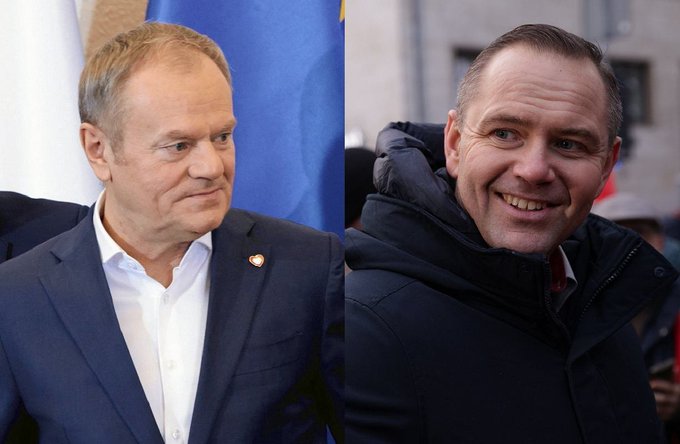Poland’s Presidential Election results have sent shockwaves across Europe as a conservative candidate emerged victorious over a technocratic EU-backed contender.
The outcome marks a significant shift in the country’s political landscape, with the conservative candidate prevailing over the perceived establishment figure..
This election outcome reflects a growing trend of populist movements challenging the traditional political elite in Europe.
The victory of the conservative candidate underscores the deepening divide between those advocating for national sovereignty and those aligned with the European Union’s policies and institutions..
The defeated technocratic EU-backed candidate’s loss signals a setback for the EU’s influence in Poland and raises questions about the bloc’s ability to maintain support among member states facing internal political challenges.
The election outcome is likely to have ripple effects beyond Poland, as other EU countries with similar political dynamics may also see shifts in power..
The results of Poland’s Presidential Election could potentially impact the EU’s future direction and relationships with member states that are increasingly assertive in asserting their national interests over broader European integration.
The victory of the conservative candidate may embolden populist movements in other European countries, leading to further fragmentation within the EU.
The outcome sets the stage for a reevaluation of the EU’s policies and strategies in engaging with member states with divergent political ideologies..









Leave feedback about this